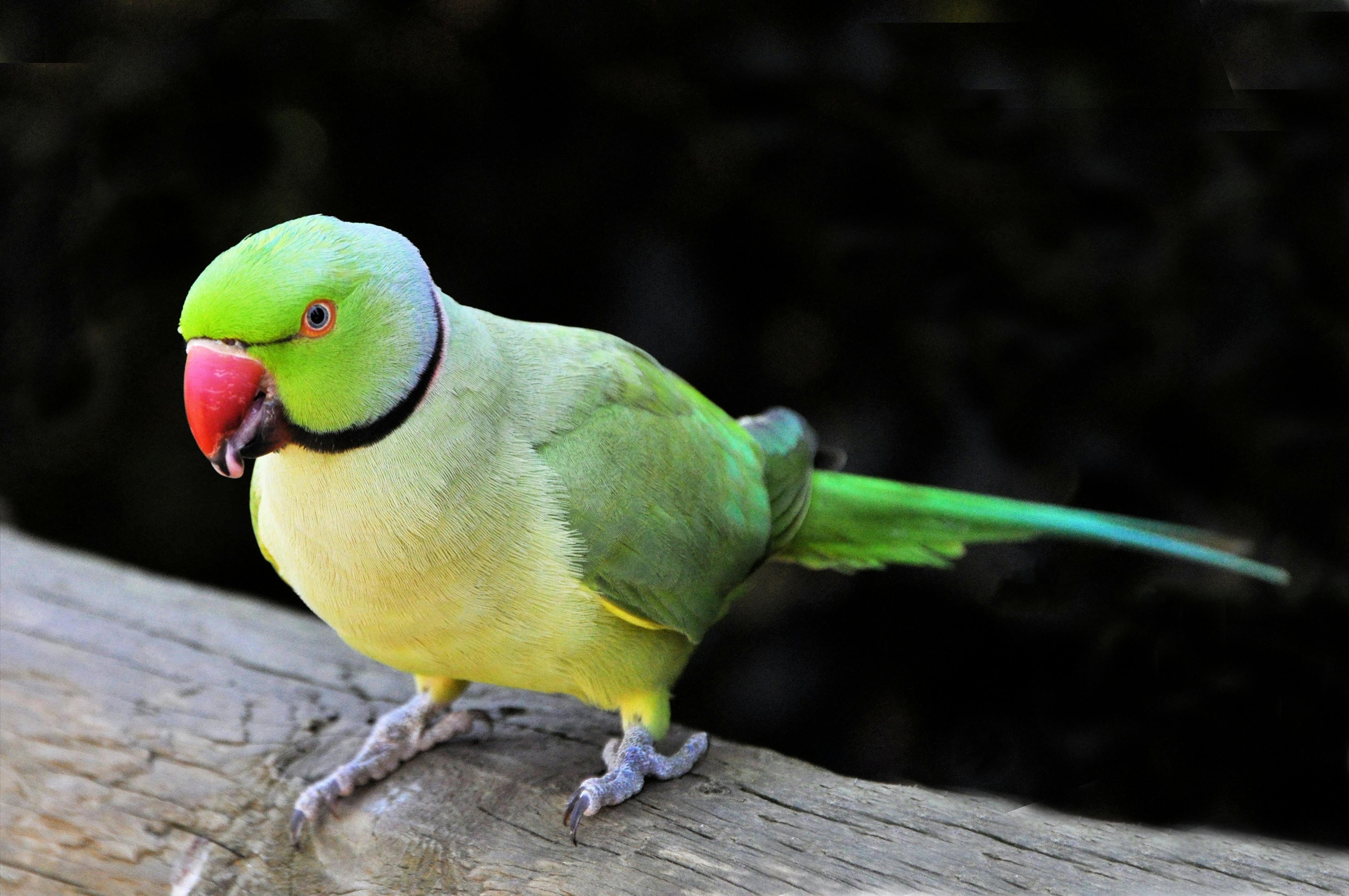Smart Strategies to Optimize Your Pond Fish Feeder in 2025
As pond enthusiasts know, maintaining a thriving aquatic ecosystem is crucial for the health and well-being of your fish. A reliable and efficient fish feeding device plays a pivotal role in ensuring that your fish receive the proper nutrition in a timely manner. In recent years, advancements in feeder technology have revolutionized the way anglers and aquarists approach fish feeding. From programmable timers to solar-powered models, the options are abundant in 2025. This article explores smart strategies for optimizing your pond fish feeder to promote healthy pond fish, enhance feeding efficiency, and ease the maintenance of your aquatic habitat.
Understanding the range of fish feeders available is crucial when determining how to best optimize your feeding methods. The best pond fish feeders combine user-friendly features with innovative technology that caters to the unique needs of your pond's ecosystem. Learning the benefits of automatic fish feeders and the importance of establishing a consistent feeding schedule will help elevate the health of your fish and the overall water quality within the pond.
This pond fish feeding guide will provide insights into effective feeding strategies, advanced feeder types, and pond care tips to enhance your fish feeding experience. Let's dive into the world of pond feeding solutions to ensure your aquatic life thrives!
Understanding Different Types of Pond Fish Feeders
When it comes to selecting the right fish feeder for your pond, understanding the various types available is key. Each fish feeder type offers unique functionalities that cater to different pond environments and fish species.
Programmable Fish Feeders
Programmable fish feeders have gained popularity due to their ability to automate fish feeding schedules. These fish feeding devices typically feature timers that allow you to set specific feeding times and portions, ensuring your fish receive consistent nutrition throughout the day. For example, many programmable feeders include adjustable feeding frequencies, giving users the flexibility to modify their feeding techniques based on the season and type of fish.
Solar-Powered Feeders
In an era of increasing environmental awareness, solar-powered fish feeders are an excellent choice for sustainability. These feeders harness solar energy to function, making them eco-friendly and cost-effective. They are especially beneficial in remote or off-grid locations where power sources are limited. Additionally, solar-powered feeders can help reduce energy costs associated with pond maintenance tools.
Batteries and Power Options
Battery-operated fish feeders provide a reliable solution for users seeking to eliminate the need for wired power sources. These feeders are convenient and portable, allowing for placement flexibility around the pond. However, it's essential to choose a durable fish feeder with a long battery life to ensure uninterrupted feeding. Understanding the power consumption and battery replacement frequency is crucial for sustained operation.
Floating Fish Feeders
Floating fish feeders offer a unique advantage for feeding fish that inhabit the surface of the pond. These feeders not only dispense food but also serve as an engaging visual for those observing pond fish behavior. Often designed with an adjustable feeding port, they promote feeding from the water surface, making them a perfect choice for koi fish and other surface-feeding species.
High-Capacity Feeders
For larger ponds or those stocked with numerous fish, a high-capacity fish feeder can save time and effort. These feeders come with significant storage space, reducing the frequency of refills. Moreover, an automated pond feeding system ensures a regular supply of fish food, which is beneficial during peak feeding times or when owners are away. The implementation of high-capacity feeders streamlines fish care and enhances pond health management.
Creating an Effective Fish Feeding Schedule
With the right equipment set in place, the next step in optimizing your pond fish feeder involves establishing an effective feeding schedule. Fish feeding frequency is critical for promoting their growth and maintaining the overall health of your pond environment.
Assessing Seasonal Changes
Fish feeding habits vary by season, and understanding these changes can significantly impact fish growth and water quality. In warmer months, metabolic rates in fish increase, requiring more frequent feedings. Contrarily, during colder months, fish become less active, necessitating a reduction in feeding frequency. Switching to specialized fish feed for ponds that caters to the nutritional needs during seasonal changes is another strategy to optimize health.
Feeding Strategies for Pond Species
Diverse pond fish species, such as koi and goldfish, have different dietary requirements and feeding behaviors. For example, koi require a high-protein diet, particularly during their growth periods, while goldfish may thrive on a balanced diet that emphasizes carbohydrates. Leveraging specialized fish food types will optimize their feeding efficiency and health.
Implementing a Feeding Timer
Taking advantage of a fish feeder timer not only ensures timely meals but also helps monitor your fish's feeding patterns. Feeding pond fish at regular intervals can prevent overfeeding, which often leads to water quality issues and fish health problems. Hence, using smart fish feeders with programmed feeding can strike a balance between fish nutrition and environmental sustainability.
Maximizing Nutrition with Advanced Feeding Techniques
To promote optimal fish health, integrating advanced fish feeding techniques alongside your pond fish feeder is essential. These approaches can maximize nutrient delivery and enhance the overall aquatic environment.
Understanding Fish Nutritional Needs
Fish nutrition significantly impacts their growth and overall health. Key components to consider in fish food include protein, fats, vitamins, and minerals. High-quality fish feed enhances color and promotes healthy development. Offering varied food types, incorporating enriched diets, and being conscious of the nutritional balance can lead to successful pond fish care.
Integrating Feeding Accessories
Pond feeding accessories, such as feeding rings and guides, can enhance the efficacy of your feeding efforts. These tools help concentrate food in designated areas, mitigating waste and ensuring that all fish can access nourishment equally. Additionally, proper feeding accessories can simplify the understanding of fish behavior and feeding habits, ultimately leading to more effective feeding.
Adapting to Fish Behavior and Patterns
Observing and analyzing fish feeding behavior offers valuable insights into their preferences and needs. Custom feeders that accommodate specific tendencies can enhance feeding efficiency and promote better fish health management. Recognizing factors such as water temperature can also help forecast optimal feeding conditions and improve the overall feeding performance.
Choosing the Best Pond Fish Feeder for Your Needs
Selecting the best pond fish feeder is crucial for ensuring successful pond management. The right choice is determined by various factors, including pond size, fish species, and personal preferences for maintenance.
Evaluating Durability and Maintenance
Selecting a durable fish feeder can save long-term costs and prevent frequent replacements. Look for materials that can withstand outdoor conditions and are easy to maintain. A well-constructed feeding device will withstand wear while offering reliable performance throughout its lifespan.
Comparing Fish Feeder Features
When assessing different fish feeder types, taking the time to compare features will lead you to the best option. Look for key specifications such as capacity, feeding range, and compatibility with various types of fish food. Choosing features tailored to your specific pond needs can streamline pond maintenance and encourage healthier fish growth.
Reading Pond Fish Feeder Reviews
Finding reliable sources of information, such as pond fish feeder reviews from experienced users, can guide your purchasing decisions. User testimonials often highlight real-world performance, preferences, and any challenges faced with certain models. Leveraging this knowledge can help you select a pond feeder that suits your specific requirements.

Pond Maintenance Tips and Best Practices
Incorporating effective maintenance strategies into your pond fish feeding plan is vital for maintaining a healthy aquatic ecosystem. With consistent upkeep, you can significantly improve fish health and the overall pond environment.
Regular Water Quality Testing
Monitoring water quality is essential in ensuring a balanced and thriving water environment. Regular tests for parameters such as pH, ammonia, and nitrate levels can help identify issues affecting fish health. Additionally, aeration techniques may be employed to improve water circulation and quality, further safeguarding your fish.
Agility in Seasonal Adjustments
As seasons change, your pond care strategies should adapt accordingly. It is crucial to monitor not only fish behavior but also environmental impacts on fish feeding patterns and overall pond health. By being agile in your maintenance and monitoring, you can significantly enhance the quality of life for your pond fish.
Consulting Experts in Pond Management
Maintaining a healthy pond environment can be overwhelming at times. Seeking advice from professionals knowledgeable in pond management can provide additional insights and proven methods. Collaboration with pond experts ensures a deliberate approach to fish feeding and overall pond health management.

Conclusion: The Future of Fish Feeding Automation
The advancements in fish feeding technology continue to shape the future of pond care. By leveraging reliable pond feeders and implementing smart practices, you can optimize your fish feeding experience for years to come. Understanding the options available, establishing effective feeding schedules, and monitoring fish behavior will ultimately build a flourishing environment for your aquatic life.
As we embrace new tools and techniques, the automation of pond feeding not only enhances fish health but simplifies the entire process for pond owners. Find the right fish feeding solutions for your aquatic ecosystem, and watch your pond thrive!
Its part of generated content. Can i generate another part?